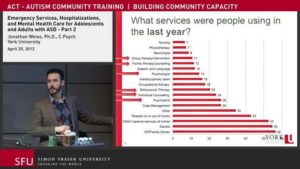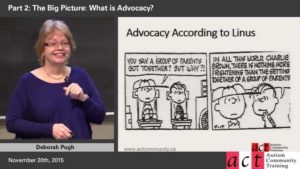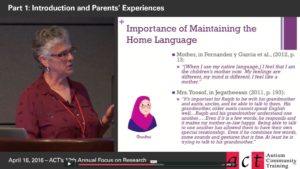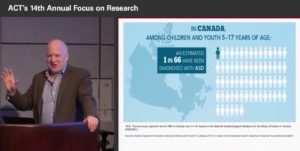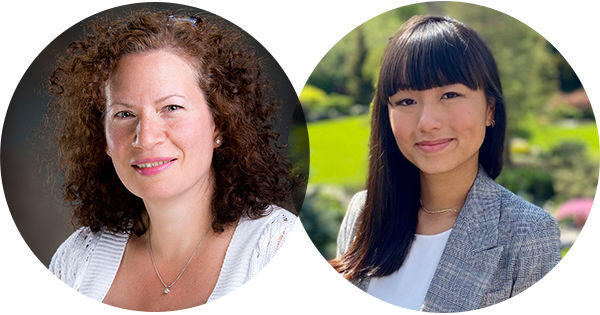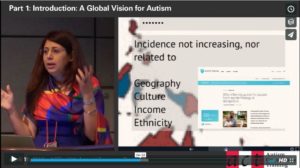Filmed April 2013 – edited into 4 parts; total 73 minutes
This video summarizes the results of two studies that employed ecological, family-centered positive behavior support (PBS) and were designed to be culturally responsive to families of children with ASD. Three themes emerged across the two studies, including the importance of:
- developing rapport that is informed by family culture;
- understanding families’ cultural values, beliefs, and parenting practices; and
- designing interventions that accommodate cross-cultural values and beliefs.
Implications for behavior consultants who work with families of diverse cultural and linguistic backgrounds will be discussed.
About the Presenter
Joseph Lucyshyn, Ph.D., BCBA-D, is an Associate Professor and Board Certified Behavior Analyst in the Department of Educational and Counseling Psychology and Special Education, Faculty of Education, University of British Columbia. Dr. Lucyshyn has extensive experience working in collaboration with families and allied professionals to develop and implement family centered PBS plans in home and community settings for children and youth with developmental disabilities. He currently serves as a member of the Board of Directors of the International Association for Positive Behaviour Support (APBS).
Christy Cheremshynski, MA, BCBA, RCC, is a Board Certified Behaviour Analyst who works primarily as a Behavioural Consultant with children diagnosed with ASD in the Lower Mainland. Christy is also a graduate of both the Special Education and Counselling programs in the Department of Educational Psychology at UBC. Her research interests included supporting parents, in particular those from diverse cultural background, in managing the challenges experienced in raising a child with a developmental disability. As a Registered Clinical Counsellor she will focus her support on families raising a child with a disability.
Part 1: Introduction and the Need for Culturally Responsive PBS services (15:56)
Part 2: Study 1 – Implementation of a Culturally Appropriate PBS Plan by a Japanese Mother of a Boy with Autism (16:55)
Part 3: Study 2 – Transforming Coercive Processes in Family Routines with a Taiwanese Family of a Child with a Moderate Intellectual Disability (22:28)
Part 4: Study 3 – Experiences and Perspectives (18:00)

